As we have seen in the pervious episode of this series, Syed Ahmad Khan issued a grave warning to the Muslim community against attending the third session of the Congress held in Madras. His taunt that every Muslim who attended the session was akin to licking the shoes of Bengalis made an impact. Given the clime of the period, Syed Ahmad Khan could not openly use the word “Hindu.” “Bengali’’ was a good enough substitute.
Syed Ahmad Khan’s warning was fully consistent with two major themes that informed and shaped his politics: (1) his standing as a respected leader of the Ashraf elite (2) his clandestine deal-making with the British, which suited their colonial mien of divide and rule.
As the fourth Congress session scheduled at Allahabad approached, Syed Ahmad Khan outdid himself. Overnight, he set up a rival political shop and with the help of the local British authorities, threatened anyone, especially Muslims, with street violence if they joined the Congress. In 1973, India released a postage stamp in his honour.
Syed Ahmad Khan, like every notable Muslim leader of the period, also emitted nostalgic duas of melancholy, longing for the return of the glorious Mughal rule. In his time, it translated into a narrative of perpetual Muslim victimhood and fear-mongering that under the cloak of freedom struggle, the Congress was trying to establish a Hindu Raj in which Muslims would be wiped out. This self-same accusation was levelled by the Nehruvian Congress against the RSS, Jana Sangh and the BJP. In hindsight, this narrative is also the ultimate victory of Jinnah who carved out an entire country using Syed Ahmad Khan’s theory.
Quick Reads
View AllOn the other side, the second phase of the Congress leadership genuinely mentored and gave political training to young men, encouraged education among women, and infused an abiding spirit of love and reverence for Bharatavarsha. The reinvigoration and resurgence of Mother India (a term that profusely appears in all the writings and speeches of that era) was a National Yajna and every person who contributed to it was an Adhwaryu (the person who officiates the Yajna) in his or her own way. When we understand it in this sense, the all-encompassing and profound sapience of the freedom struggle unfolds itself before our eyes, and parts the curtains of partial awareness. This is how R.C. Majumdar describes it.
[This] leadership…quickened the sense of national pride in the heart of Indians, in an indirect way, through the personality, character, patriotism and high intellectual eminence of the great galaxy of eminent leaders who nurtured this infant institution and brought it safely to an adolescent stage…and made a deep impression not only upon all classes…in India but even upon Englishmen, as visible embodiments of the intellectual and cultural progress [of] India.
This extraordinary leadership steadily moved the Congress away from the clutches of the elite class of Indians like Dadabai Naoroji and Pherozeshah Mehta who vainly appealed to the good graces of their own oppressors to where it genuinely belonged: the un-brainwashed masses who were solidly rooted in their ancient cultural moorings. This is why Bankim resonated so awesomely with the masses when he described Bharatavarsha as Durga and Kali. This is why Lokmanya Tilak could single-handedly create two glorious traditions from scratch: the Shivaji and Ganapati festivals which have endured till date. We cannot imagine Mumbai or Maharashtra today without the mass Ganapati festival. These are the luminescent contemporary examples of how an unbroken Parampara procreates itself.
Indeed, it was this grand cultural reawakening that the British correctly perceived as one of their greatest threats and this is why they used the selfsame Shivaji festival as an excuse to persecute and prosecute Tilak, an event that R.C. Majumdar extols with evocative passion.
The trial and conviction of Tilak may be regarded as a landmark in the history of Indian nationalism…The martyrs replaced mere orators as acknowledged champions of liberty…Tilak rightly thought that round the personality of Shivaji, he could gather all patriotic and national forces. The inspiration which Western democratic teaching gave to us was rather weak and outlandish. But the worship of Shivaji was such as even the ignorant villager could understand…Shivaji and Swaraj were synonymous…Tilak brought political philosophy in India from heaven to earth, from Council Hall to the Congress mandap to the street and the market.
However, one of the influential sections of the Indian society which actively thirsted for Tilak’s blood and sought his prosecution and rejoiced when he was sentenced is the Anglo-Indian community. In those days, this community was extensively patronised by the British and therefore exerted tremendous public influence thanks also to its clout in the media.
Lokmanya Bal Gangadhar Tilak’s unfortunate death was the death blow to this Congress of the second phase. The mass awakening that he had tirelessly and at immense personal cost accomplished was precisely what Mohandas Gandhi swallowed whole and replaced with his cult of personality. This is the other side of the famous half-truth that Gandhi was the first real mass leader of India.
The third phase of the Congress history
The third phase of the pre-independence history of the Congress party thus began when it passed into the hands of a pious crowd-pleaser who confounded an ill-understood ethic of personal morality with courage, and appeasement tactics as political strategy.
Three major themes help us obtain a clear picture that explains the phenomenal success of Mohandas Gandhi as the unchallenged Caesar of the Congress party roughly from 1921 – 1942. All three themes lead to the same inescapable conclusion: that what can actually be called “freedom struggle” under Gandhi’s leadership was a series of his personal experiments foisted upon the nation with Hindu lives as the sacrificial fodder.
Thus, when the spurious Nehruvian history of the Indian freedom struggle proudly draws this equation: Gandhi equals to India’s freedom from British rule, we must take it at face value and examine whether the equation is true. In other words, if Gandhi’s personality is inseparable from Gandhi’s words and actions, we need to examine his personality and actions to test the validity of this equation. Gandhi has himself supplied perhaps the best tool to test this equation. His famous quotation: my life is my message.
To be continued
The author is the founder and chief editor, The Dharma Dispatch. Views expressed are personal
Read all the
Latest News,
Trending News,
Cricket News,
Bollywood News,
India News and
Entertainment News here. Follow us on
Facebook,
Twitter and
Instagram.


)
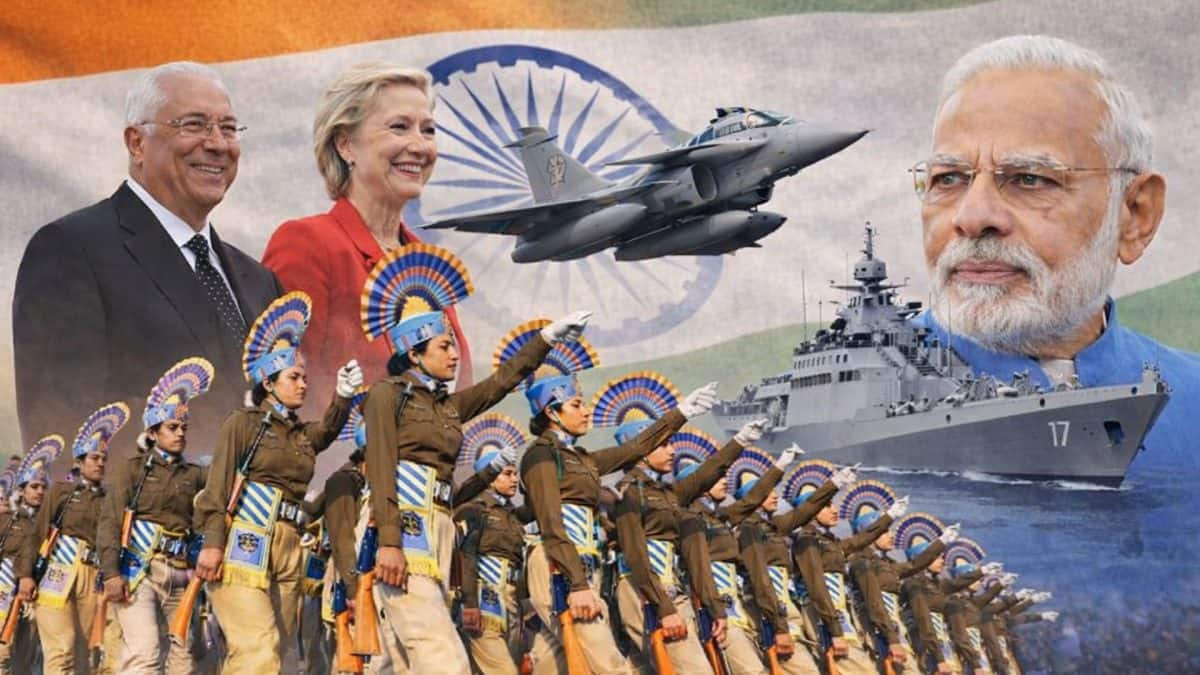
)
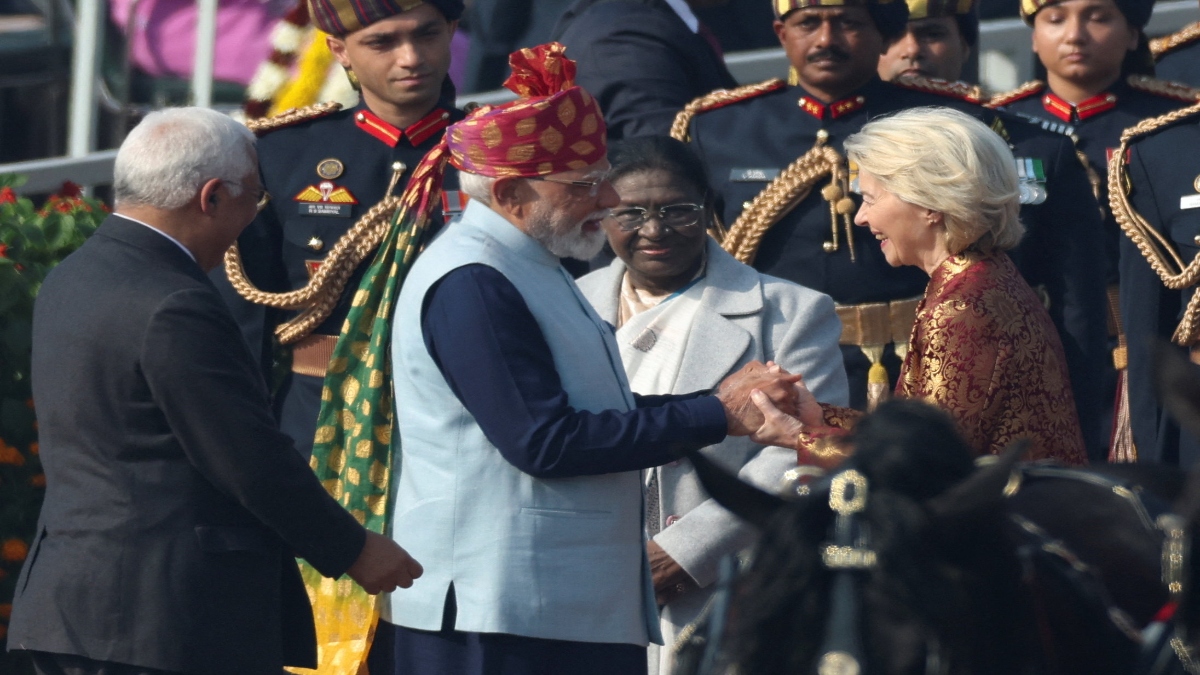)
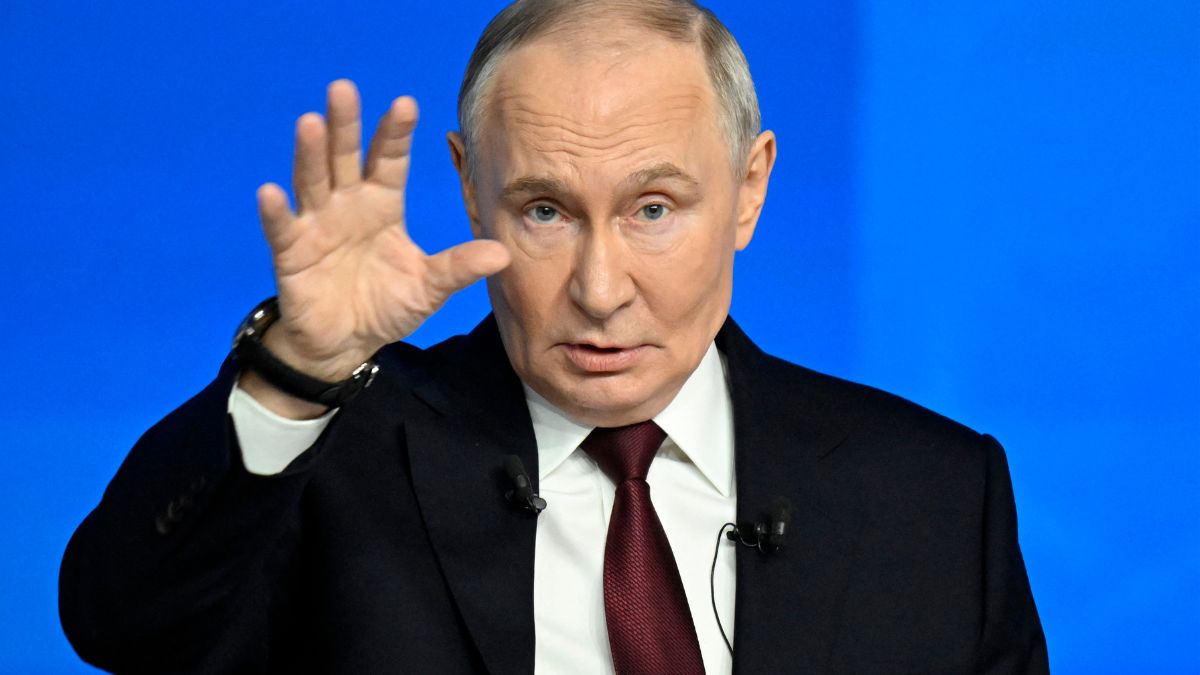)
)
)
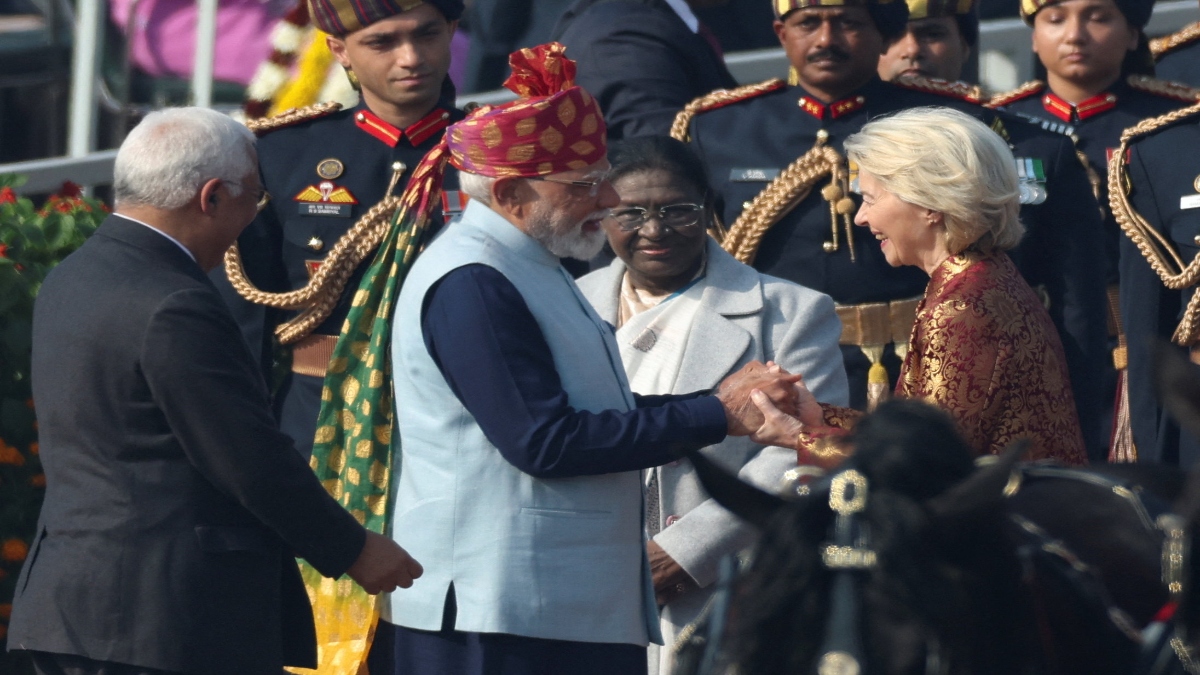)
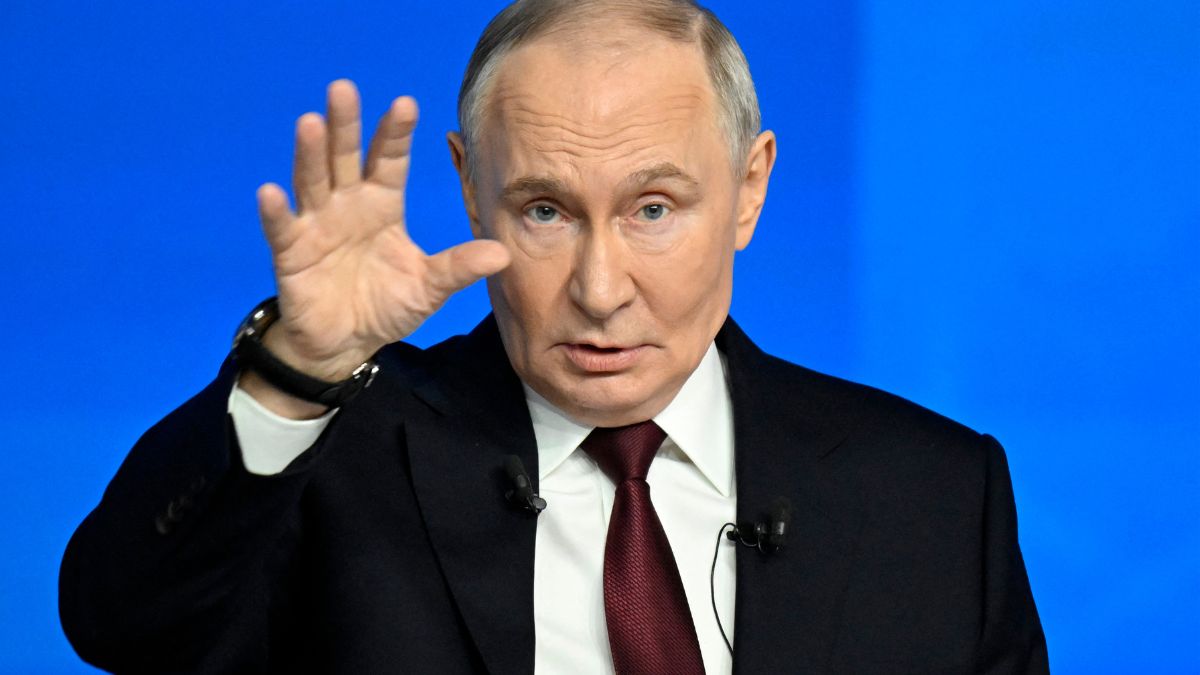)
)



